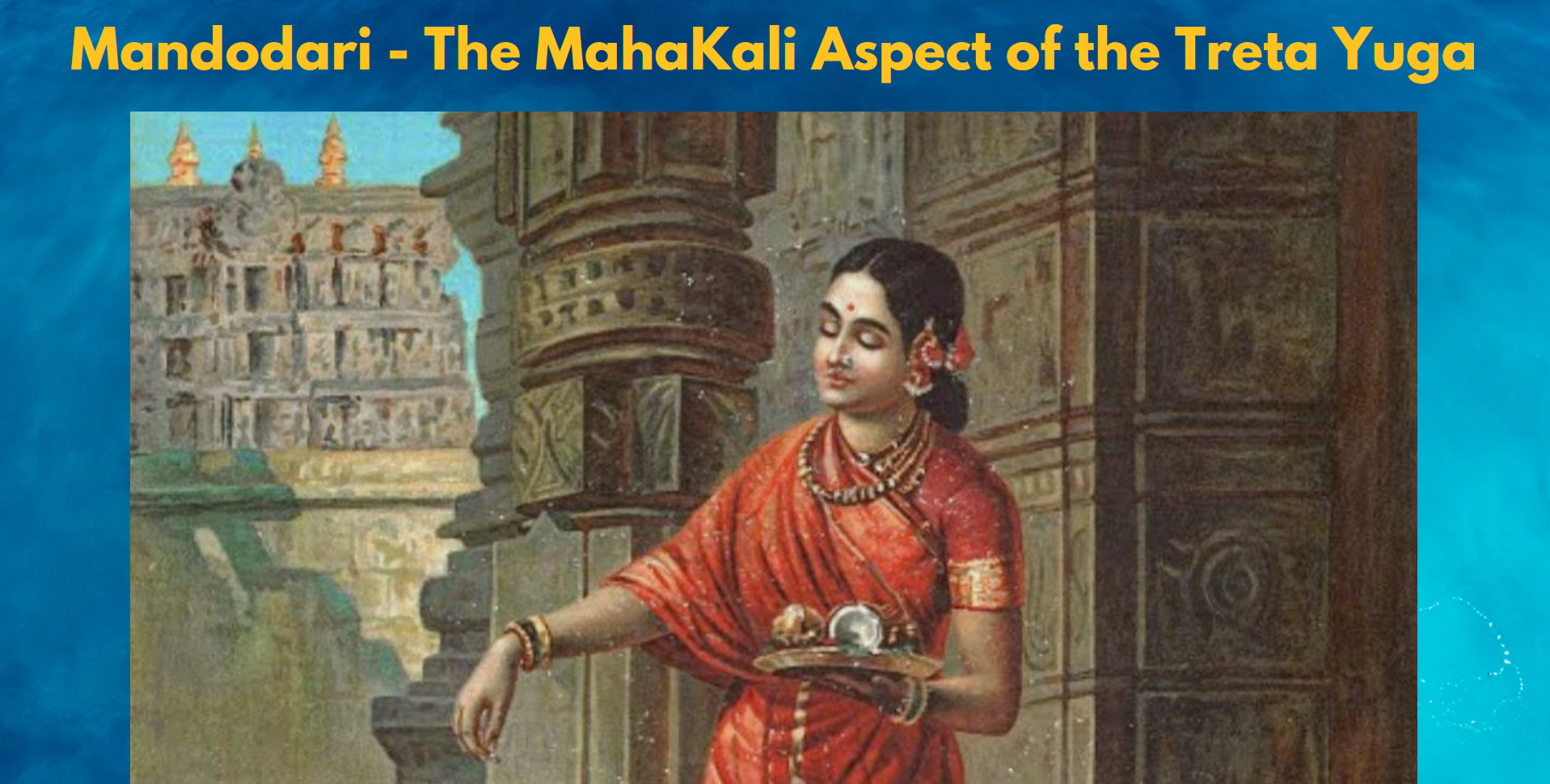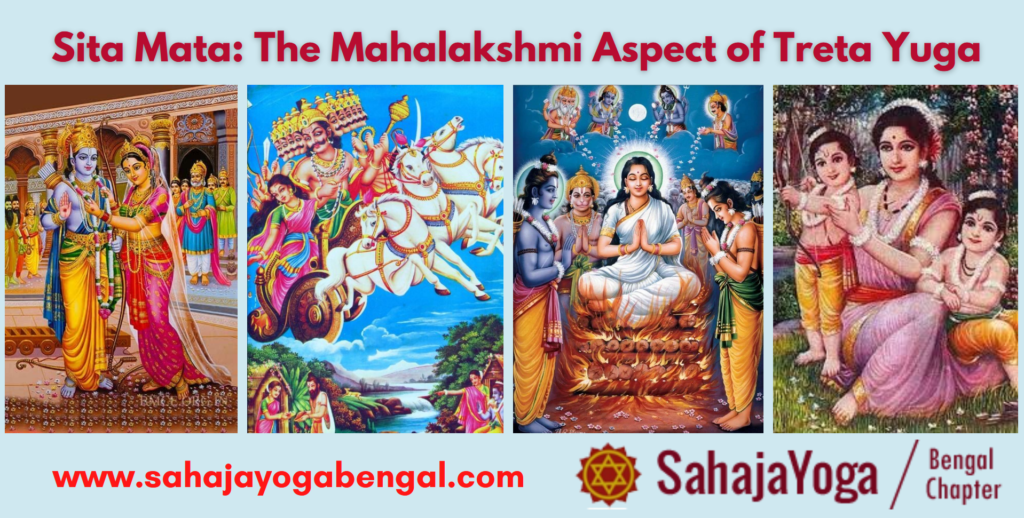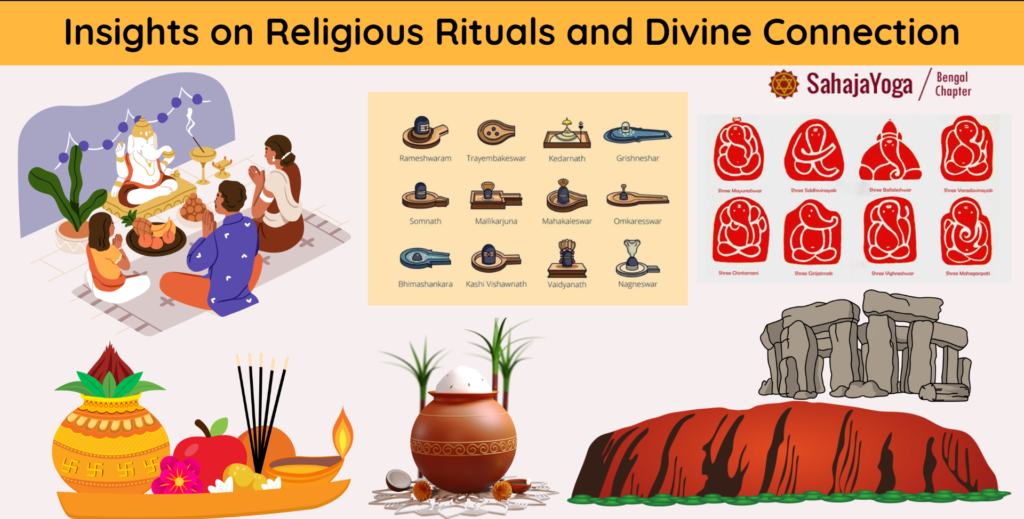Mandodari, the wife of Ravana, is an intriguing and influential character in Hindu mythology. She is best known for her association with Ravana, the primary antagonist in the epic Ramayana. While Ravana is often depicted as a powerful and evil figure, Mandodari brings a complex and compassionate aspect to his story.
In the Ramayana, Mandodari is portrayed as a virtuous and pious queen. She was the daughter of Mayasura, a demon king, and was known for her exceptional beauty and grace. Mandodari’s marriage to Ravana was arranged, cementing the alliance between the demon clans. Despite the circumstances of their union, Mandodari remained devoted to her husband and fulfilled her role as a dutiful wife.
Mandodari is often described as a wise and righteous character, in stark contrast to Ravana’s tyrannical rule. She possessed great knowledge and was well-versed in the scriptures and sacred texts. Her wisdom and counsel were highly valued, even by Ravana, who occasionally sought her advice in matters of state. Mandodari, although caught in a tumultuous marriage, maintained her dignity and tried to influence her husband towards righteousness.
One significant event in Mandodari’s life is her encounter with Sita, the wife of Lord Rama, who Ravana abducted. When Sita was held captive in Lanka, Mandodari sympathized with her plight and urged Ravana to return Sita to her husband. She warned Ravana of the dire consequences that would befall their kingdom if he did not heed her advice. Mandodari’s plea to release Sita showcased her empathy and compassion, highlighting her moral compass and her desire for justice.
Despite her efforts to steer Ravana in the right direction, Mandodari’s influence over him was limited. Ravana’s ego and lust for power ultimately led to his downfall, and Mandodari had to witness the tragic consequences of his actions. After Ravana’s defeat and death at the hands of Lord Rama, Mandodari mourned her husband and the loss of countless lives caused by his arrogance.
Mandodari’s character symbolizes the internal struggle between good and evil. She represents the innate goodness within Ravana, his potential for redemption, and the conflict between his demonic nature and his human qualities. Her unwavering loyalty and commitment to her husband, despite his flaws, demonstrate the complexities of love and the depths of devotion.
In Hindu mythology, Mandodari is regarded as a symbol of loyalty, righteousness, and inner strength. Her story serves as a reminder that even in the darkest of times, there can be individuals who strive to uphold righteousness and morality. Mandodari’s legacy endures as a testament to the power of compassion and the ability to maintain one’s integrity in the face of adversity.
Treta Yuga
During the Treta Yuga, at the time of Shri Rama, Adi Shakti incarnated
in three separate human personalities, expressing Her three aspects:
- Sita Janaki as the daughter of Raja Janaka
This was the first absolute human form (Loukik) - Sati Anasuya (Mahasaraswati) as the wife of a great saint
- Mandodari (Mahakali) as the wife of the demon Ravana




